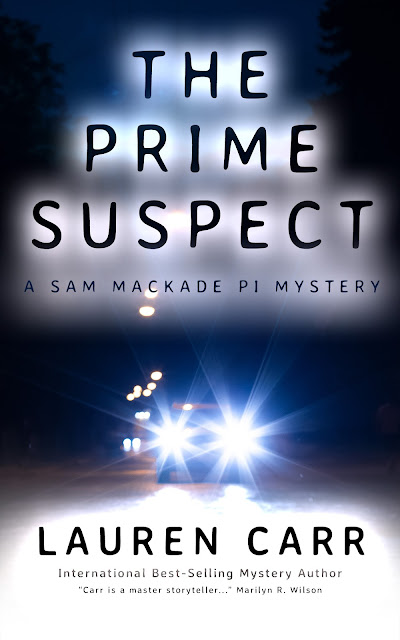Harper Perennial
ISBN: 978-0062034625
Published May 2011
Paperback, 368 pages
Far to Go is a one-year window into the life of Pavel and Annaliese Bauer, a wealthy Jewish couple in Czechoslovakia at the onset of World War II. At the center of this family is Marta, their non-Jewish governess, through whose eyes we see things unfold as Hitler invades and changes their lives forever. The story is also interwoven by a present-day narrator whose identity only becomes clear toward the end of the book.
Marta loves and is devoted to Pepik, the Bauers' six-year-old son. Marta has no family, and as the story progresses we learn that she had an abusive and sad childhood. When the story begins, she is having an affair with Ernst, a married man and the plant manager of Pavel's company. It's clear from the beginning that this relationship is not based on love, but rather lust on his part and loneliness on hers. Ernst is not Jewish and we are clued in to his betrayal of the Bauers to the Nazis from the moment we meet him. Marta's knowledge of this discloses much about her feelings, her insecurities and her desires. It will also influence the decisions she makes, some far-reaching and devastating.
The Bauers, on the other hand, are secular Jews. As it becomes clear to them that Jews are being targeted by Hitler, Pavel and Annaliese deal with it in different ways that will ultimately separate them. The story is an intimate portrayal of this family rather than a story about World War II, and I found this to be a refreshing aspect.
There are many things I appreciated about this novel. Alison Pick's writing is filled with symbolism, poetic narrative and interesting metaphors that set the tone or gives the reader a subtle clue of what is to come. For example, she writes, “The last of the light was draining from the day like dirty water down a drain,” just before describing a brutal attack. Other metaphors made me appreciate the Czech setting and its people. There are many Czech expressions peppered throughout the story, and I wish I knew what they meant as their meaning was not always clear from the context.
The train, in particular, is ever-present in the story, both as Pepik's favorite toy,as the Kindertransport Association that rescued thousands of Jewish children, and as the image of it as a train of memory, always moving ahead and never arriving. The pace of the book also reminded me of the momentum of a train, slowly picking up speed so that I couldn't put it down, wanting to find out how the story ended. For me, the present day narrative was a welcome change from the one set in the past because it gave me respite from the heaviness of the story.
Although the characters are distinct, unique and complex, the only one I truly cared about was Pepik and my heart broke for him, several times. The story was compelling for me, not because of the characters, but because of the circumstances in which the characters found themselves. The author brought out well what different people will do when faced with difficult decisions, based on personal desires and experiences rather than morality. It left me with a profound sadness. The Bauers' marriage was tested and it failed. Its foundation was weak and it would have eventually crumbled whether there was a War or not. Marta lacked self-esteem and craved to be loved. This led to betrayal and a false sense of loyalty. It left me wishing she had a chance to experience, if not true love, at least a lasting and profound friendship.
However, for me this narrative was a psychological drama that made me reflect. In the end, rather than judge what the characters did, I chose to learn from them. After all, history has taught us that at any point in our lives, when we least expect it, we may be called upon to make harrowing decisions, too. A thought-provoking read, to be sure.
Note: This book was rated S for two explicit sex scenes. There are also two scenes where a Jewish man is brutally attacked.
You may be interested in visiting the author's website; her Facebook page; her Twitter link: @alisonpick
I will count this book toward the following challenges: Reading the World Challenge
Disclosure: Thanks to TLC Book Tours and Harper Perennial for sending me this book for review. I was not compensated in any other way, nor told how to rate or review this product.









This sounds amazing like an amazingly well written novel and an interesting plot to boot. I love the line you quoted: “The last of the light was draining from the day like dirty water down a drain" because it captures the scene perfectly.
ReplyDelete"thought-provoking" is a great word to describe this book. I think we all hope that we'd do the right thing were we in this position, but how many of us actually would?
ReplyDeleteThanks for the great review and for being on the tour.
I was blown away by this book. It really does give much food for thought. I hope it's okay to link to your review on War Through the Generations.
ReplyDeleteHeather and Anna,
ReplyDeleteThanks for stopping by! It's true that you cannot read this book without being affected.
Anna, you may link this review to your blog. No problem!